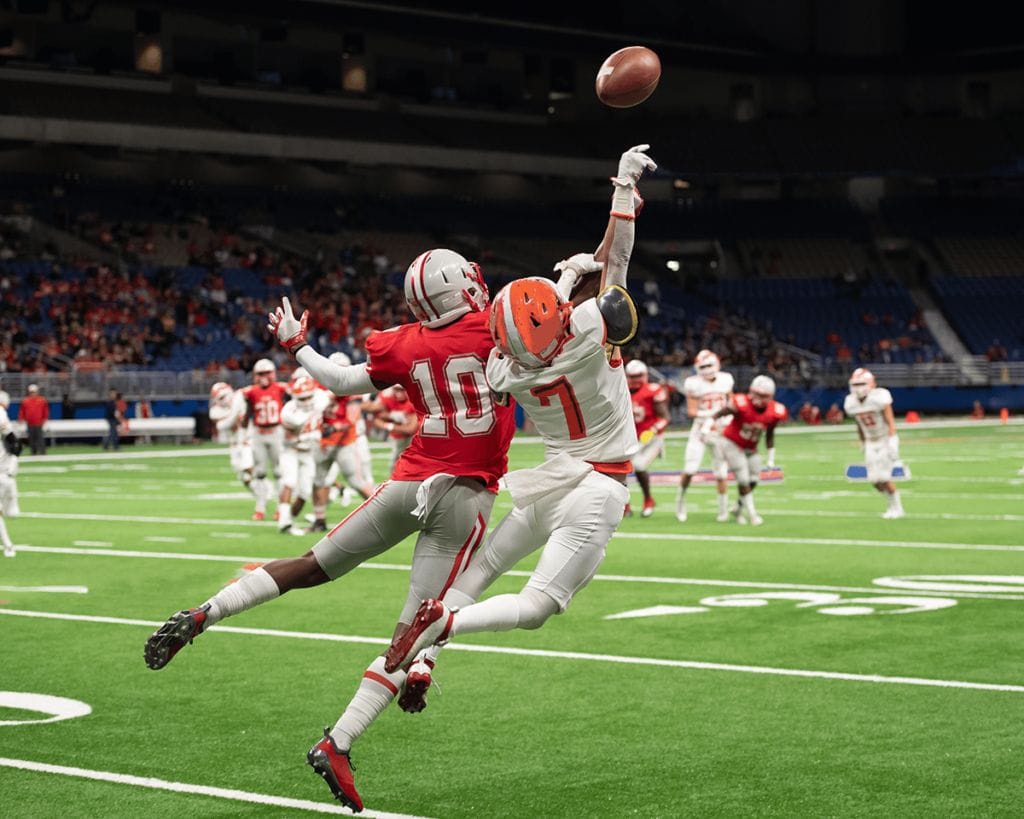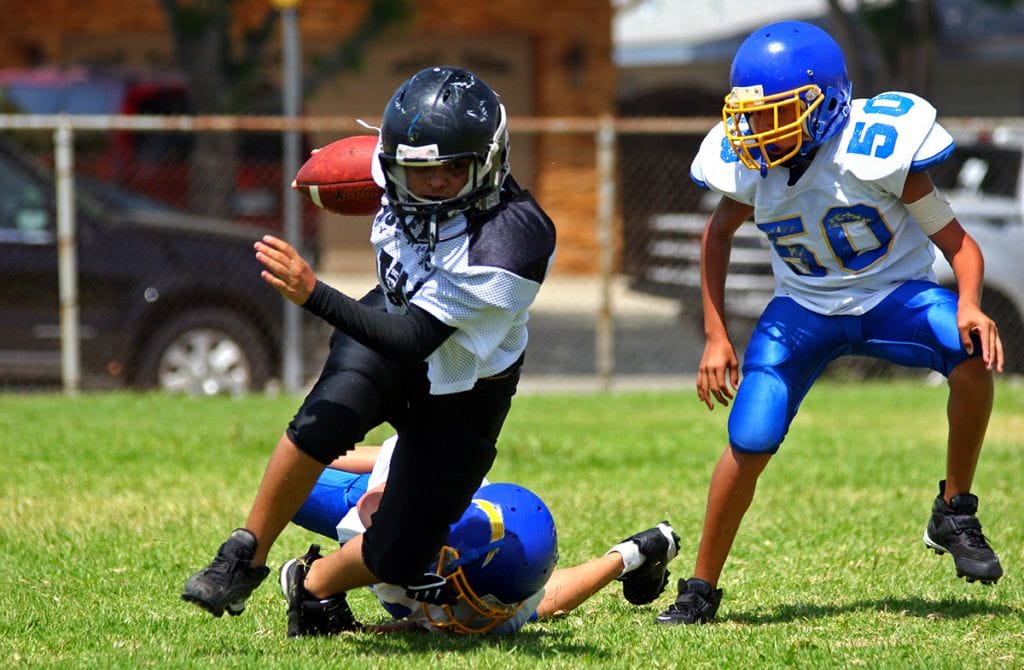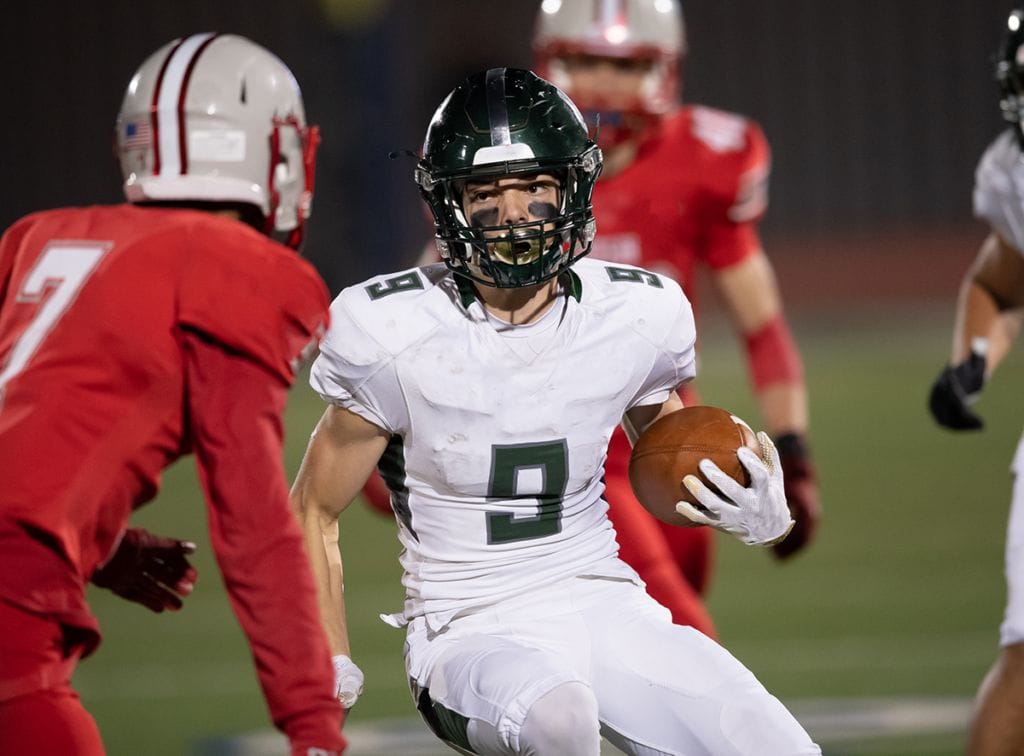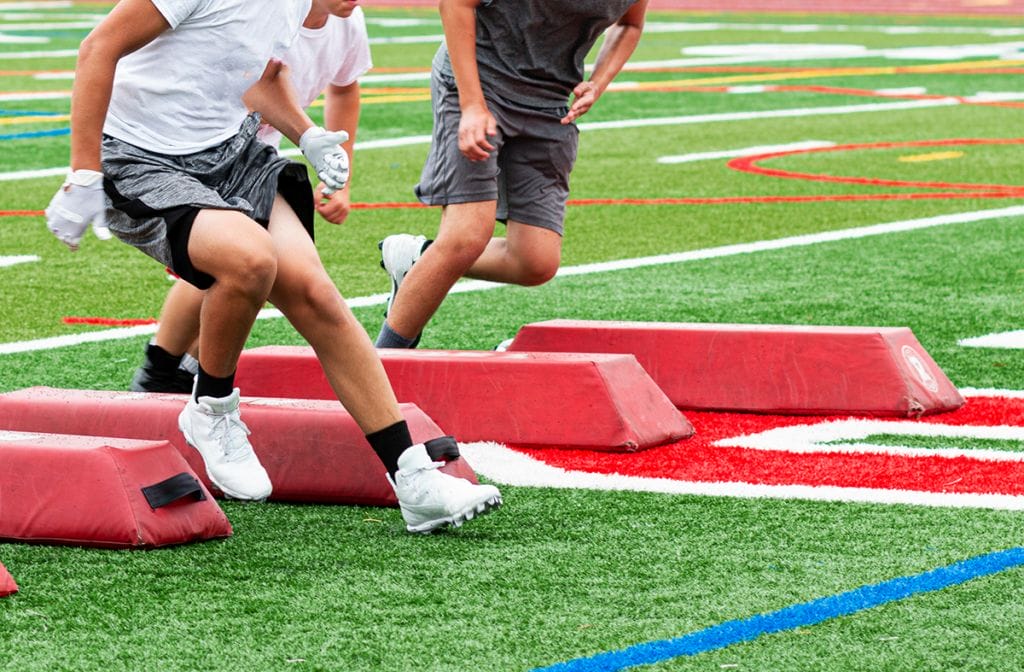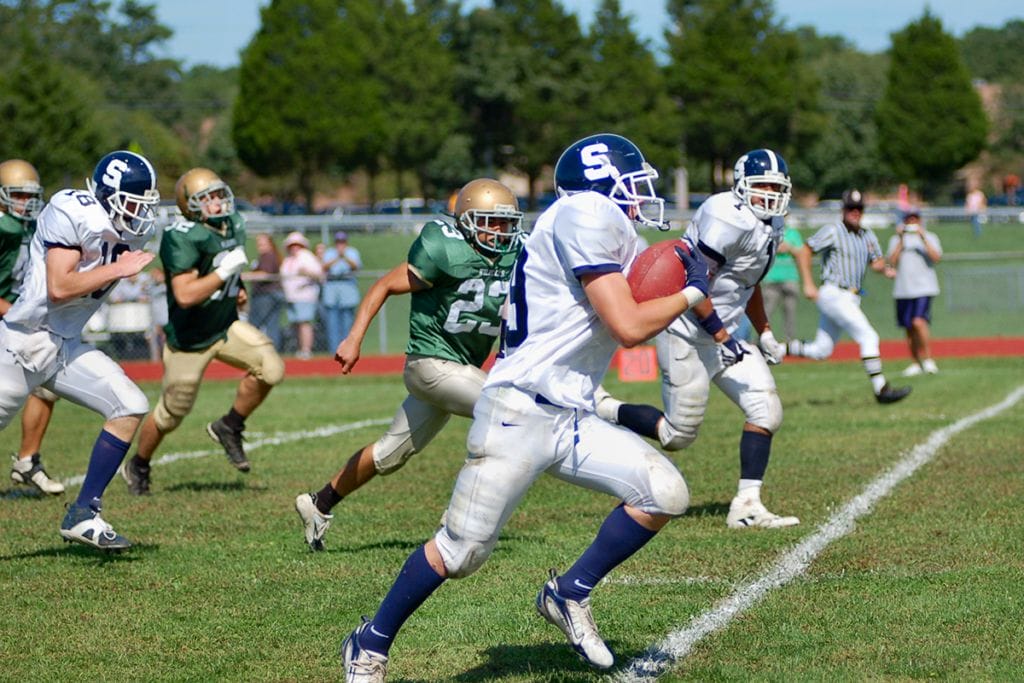In football, success on the gridiron depends heavily on position-specific training. While some players may be able to get by with generic training methods, most will need to focus on specific exercises that help them excel in their role on the field. Sport-specific training is extremely worthwhile for football players in general, and focusing on work that relates to your specific position is even better.
This is especially true in the off-season, when players have more time to focus on honing their individual techniques. By working on position-specific drills and exercises, players can make sure they’re ready to perform at their best when the season starts.
Off-season football prep should include a heavy focus on position-specific work. For receivers, this means running routes and catching passes. Defensive players should focus on their footwork and coverage skills. Linemen should work on their blocking techniques.
Position-specific work is important because it allows players to master the specific types of movements and skills required for their position.
Players who don’t focus on position-specific off-season training are at a disadvantage when the season starts. They may not be as prepared as their opponents who have spent the off-season focusing on specific drills and exercises.
Conditioning that is specific to a football player’s position can make a big difference in their performance on the field. Customized athletic training plans and/or positionally-specific work and conditioning during off-season football prep is also important for injury prevention. By strengthening the muscles and joints used in specific positions, players can reduce their risk of injuries during the season.
By doing position-specific work in the off-season, players will be better prepared for the rigors of the regular season.
Receiver Skills
- Receivers need to work on their route-running and their ability to catch the ball in traffic. For instance, receivers can work on their release off the line of scrimmage by doing drills that simulate press coverage (AKA “bump and run” coverage). They can also work on their timing and route-running by doing drills that require them to run specific routes against a defender.
Receivers can also work on their ball-handling skills by doing drills that require them to catch the ball in traffic. These drills can help receivers learn how to use their body to shield defenders from the ball.
Defensive Skills
- Defensive backs need to work on their footwork and their coverage skills. They can improve their footwork by doing sport-specific speed drills that require them to backpedal and turn quickly. They can also work on their coverage skills by doing drills that require them to cover receivers in one-on-one and two-on-one situations.
- Defensive linemen need to work on their technique, especially their ability to shed blocks and get to the quarterback. They can improve their technique by doing drills that focus on hand placement and footwork.
- Linebackers need to work on their coverage skills and their ability to shed blocks. They can improve their coverage skills by doing drills that require them to cover receivers and tight ends in one-on-one and two-on-one situations. They can also work on their ability to shed blocks by doing drills that focus on hand placement and footwork.
Offensive Skills
- Offensive linemen need to work on their blocking techniques. They can improve their technique by doing drills that focus on hand placement and footwork.
- Quarterbacks need to work on their accuracy and their ability to make quick decisions. They can improve their accuracy by doing drills that require them to throw the ball into a small target. They can also work on their decision-making by doing drills that require them to make quick decisions under pressure.
- Running backs need to work on their ball-handling skills and their ability to make quick cuts. They can improve their ball-handling skills by doing drills that require them to catch the ball in traffic. They can also work on their ability to make quick cuts by doing training for movement involving quick changes of direction.
Conclusion
Off-season football prep is essential for any player who wants to be successful on the field. Position-specific work is a vital part of an effective off-season program.
Each position has its own unique set of skills that need to be developed in order for a player to be successful; players who focus on improving their position-specific skills will be better prepared for the challenges of the regular season.
By spending time in the off-season specifically working on the skills appropriate for them, players can come into the season ready to make an impact.

